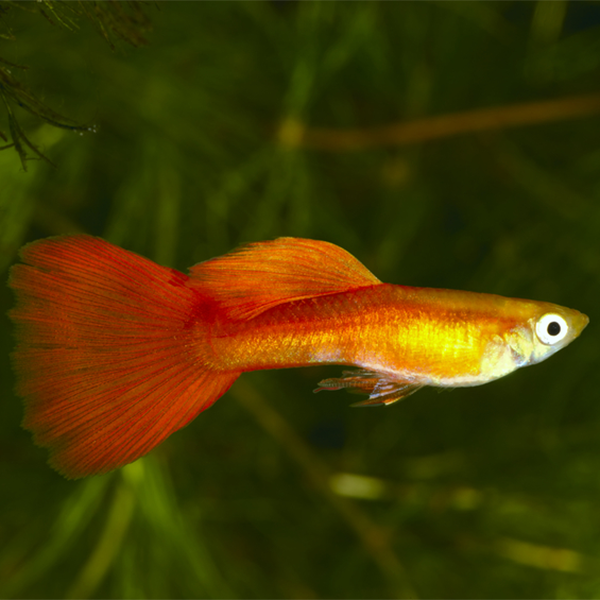Bringing an Animal into the United States

Dogs are one of the animal species for which you must follow specific regulations in order to bring them into the U.S.
CDC regulations govern the importation of animals and animal products capable of causing human disease. Pets taken out of the United States are subject upon return to the same regulations as those entering for the first time.
CDC has learned that Internet scammers are falsely representing themselves as CDC employees in e-mails to U.S. citizens. Learn more about internet adoption scams.
The CDC does not require general certificates of health for pets for entry into the United States. However, health certificates may be required for entry into some states, or may be required by airlines for pets. You should check with officials in your state of destination and with your airline prior to your travel date.
Animals Regulated by CDC: What You Need To Know
Other Animals

There are no CDC regulations regarding the importation of live fish. However, importers should visit the United States Fish and Wildlife Service for specific requirements on fish considered endangered or injurious species [PDF – 1 page]. Visit the United States Department of Agriculture for import restrictions on live fish, fertilized eggs and gametes susceptible to spring viremia of carp (SVC), an extremely contagious viral disease of carp. The National Marine Fisheries Service may also have regulations.

USDA regulations for importing equines can be found on their Veterinary Services, Import/Export website.
If the horse is not known to carry any diseases transmissible to humans, no CDC regulations would apply. However, the United States Department of Agriculture (USDA) requires various periods of quarantine depending on the country of origin of the horse. In countries with prevalent screwworm, the quarantine period is 7 days. Horses coming from countries with African horse sickness are quarantined for 60 days.

A ferret. Image courtesy Bilou, Wikimedia Commons.
Unless they are included in a specific embargo, such as Civets and African Rodents , or known to carry disease transmissible to humans, these animals are not covered under CDC regulations.
However, state or local regulations may apply. Pet ferrets, for example, are prohibited in California. Any animal known to carry a disease that can be transmitted to people (zoonotic disease) is subject to regulation 42CFR71.54.
Additionally, animals carrying diseases of risk to domestic or wild animals are subject to regulations from the U.S. Fish and Wildlife Service, as they may be considered injurious species [PDF – 8 pages].
Information for Zoos About Bringing an Animal into the U.S.
The same CDC regulations that apply to animals for individual use also apply for zoos. These regulations allow for exceptions, as determined by the Division of Global Migration and Quarantine. We can supply written permission for importation of restricted animals such as nonhuman primates or African rodents, for use in scientific research institutions and educational exhibits. Read Information for Zoos About Bringing an Animal into the U.S.
Shipping Pets for the Purpose of Adoption
Transporting animals for the purpose of rescue or adoption, whether it be across state lines or from a foreign country, requires careful planning. The American Veterinary Medical Association’s Division of Animal Welfare has published a booklet on Best Practices for Relocation of Dogs and Cats for Adoption.
Internet Adoption Scams Involving Imported Pets
The Centers for Disease Control and Prevention (CDC) has learned that Internet scammers are falsely representing themselves as CDC employees in e-mails to U.S. citizens. Read Internet Adoption Scams Involving Imported Pets.
- Page last reviewed: September 1, 2016
- Page last updated: September 1, 2016
- Content source:


 ShareCompartir
ShareCompartir







